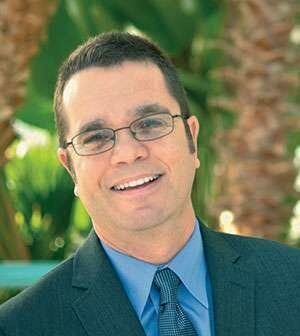David Houle is a futurist, which means it’s his job to look forward, not backward.
He doesn’t have to deal with the day-to-day pressure of running a housewares business and satisfying the immediate needs of owners, investors, employees and customers.
He can espouse visionary management without worrying about how this year’s sales stack up against last year’s.
So when Houle, speaking to industry leaders at the recent IHA Chief Housewares Executive SuperSession (CHESS), mocked some of the conference’s discussion on how to sell specific channels and retailers as obsolete folly at a time when businesses should be fixated on prepping for the future, you could imagine what many in attendance might have been thinking: “That’s easier said than done.”
The Shift Age
It’s true: Theory and reality don’t always align.
But this is not to suggest that Houle isn’t convincing when he rebukes “legacy thinking,” his phrase for using the past to plot the future. He makes a compelling case for transformative ideation and policy to compete effectively in what he calls the “Shift Age,” which he expects to continue through the next two decades.
“You can’t operate a business trying to repeat what happened in the past,” Houle declared.
He calls “innovation” an already outdated word. “In the Shift Age, it’s not enough; it’s iterative,” he said. “We live in a time of disruption and transformation. What might disrupt you? If you’re not going down this road, you should.”
The New Cool
Houle pointed to emergent factors that are already hardening into tomorrow’s competitive foundation.
He cited how the explosion of choice is shifting power from the producer to the individual; how thrift is the “new cool;” how we’re moving from an ownership to a rental society; and how advocacy of social values and causes will drive capitalism.
He heralded the emergence of customer-centric corporations selling service more than product; and the opportunity to lead with a 21st-century manufacturing platform based on additive production instead of scale.
“Past is not prologue,” Houle proclaimed as he challenged his audiences to look forward, not backward.
“What is your vision of your company in 2025?” he asked CHESS attendees. “Answer that question, and work your way back from that. Don’t look back. That’s like rowing backward into the future.”
Getting A Jump
Yes, that’s easier said than done. And yes, there’s already plenty of day-to-day pressure in running a business.
But it would serve housewares industry leaders and their stakeholders well to get a jump on the future, even if they still need to spend much of the present trying to beat the past.
Even a futurist might agree.




